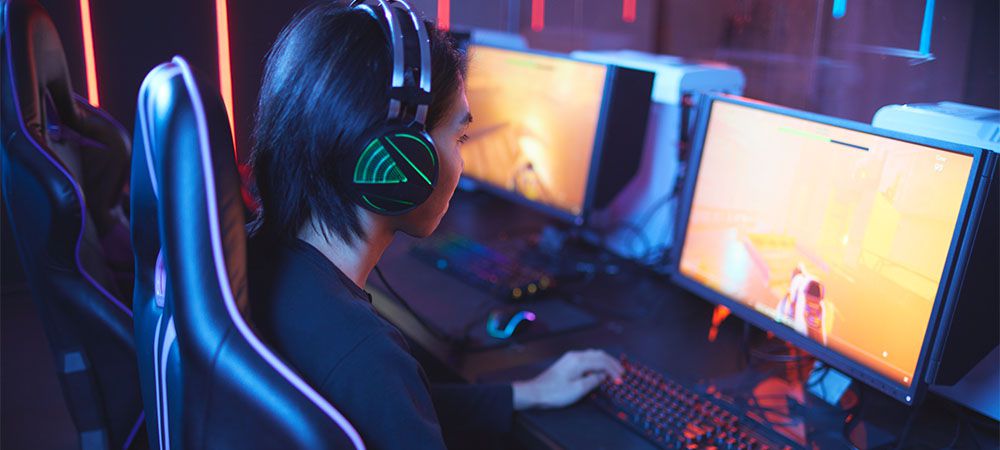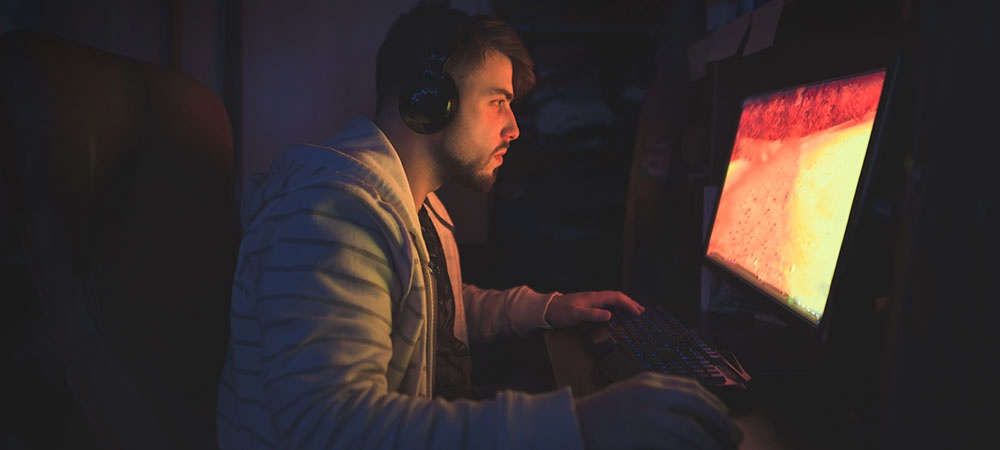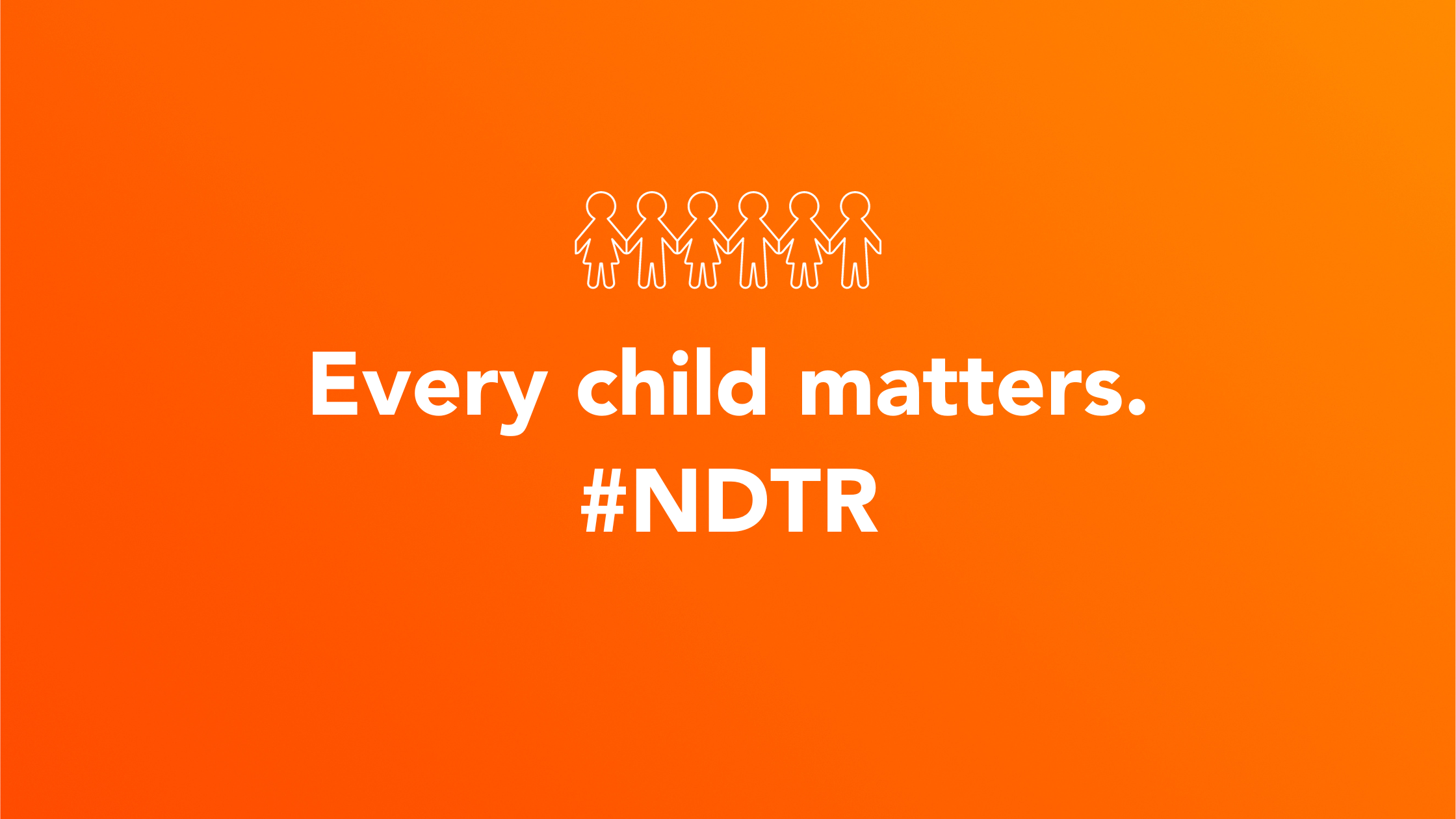
Video Games And Young Adult Depression
In the aftermath of the Columbine High School Massacre in 1999, public sentiment was quick to turn against entertainment media like heavy metal music and violent video games. No one could comprehend that two suburban kids would plan and execute a mass murder without a reason: the community was desperate to latch blame onto someone or something.
In an op ed published in Rolling Stone magazine, musician Marilyn Manson wrote about how the vilification he suffered after Columbine nearly destroyed his career. At the same time, information emerged that three years prior to the massacre, shooter Eric Harris had created levels for first-person shooter video games that he then hosted on his own website.
Additionally, Harris had been given a prescription for an antidepressant medication called Luvox. Although post-mortem toxicology reports showed that no drugs – legal or otherwise, were in Harris’s system at the time of his death, the media at the time ran with the narrative that there was a link between violence, depression, and entertainment media such as music and video games.
In the 23 years since the Columbine shooting, there have been hundreds of shooting incidents in schools. With each one, the supposed link to depression and video games has been revived. Several research studies have tried to prove that violent video games lead to violent behaviour, but no one has succeeded in establishing a causal link.
More recent research attempts have focused on the link between video games and depression. Does such a connection exist, and if so, could this information help us help teenagers and young adults who are suffering from depression?
What Does The Research Say?
One of the most comprehensive studies in this area tracked the video gaming habits of over 5,000 preadolescent youth and the subsequent development of depressive symptoms. The study was controlled for factors like real-life violence, whether experienced, witnessed, or threatened; family structure and security; household income level; peer victimisation or bullying, whether it took the form of cyberbullying, or physical or verbal aggression; and demographic factors like gender and race/ethnicity.
More than one-third of the sample reported playing video games for more than two hours per day. Roughly one-third of these played high-violence video games that depicted physical fighting, hurting, shooting, and killing. The study found that this group was more likely to subsequently develop symptoms of depression.
This correlation was not observed in people who played high-violence video games for less than two hours per day, or among those who played low or no-violence video games for any length of time.
Cause Or Effect?
The research team who conducted this study made no claim about causation. On the contrary, the paper clearly states that more research is needed to determine the precise nature of the link between high-violence video games and depression.
We have to consider the possibility that causation could go in either direction. In other words, do the video games cause the depression, or do people with depression use video games as a coping tool? Perhaps it is both.
It is increasingly obvious that video gaming can be addictive, much like other behaviours like shopping or gambling. Although alterations to brain chemistry are usually associated with substance use disorders, research is increasingly showing that behavioural addictions can also lead to these changes. When something makes us happy – for example, purchasing a new pair of boots, or reaching a new level in a video game – the brain’s reward system releases dopamine, the natural “feel-good” chemical.
Being a species highly motivated by reward, we are driven to repeat those behaviours in order to keep feeling good. Most people have a built-in safety switch that tells us when to stop. We will walk away from the shopping mall before we spend too much money. We will turn off the video game when it’s time to cook dinner or do homework. We will leave the casino before we gamble away our entire paycheque.
For some people, though, the call of dopamine is too great to be ignored. The addictive behaviour creates an escape route from traumatic memories, stress, and depression. Before the individual knows what’s happening, they reach a point of engaging in the addictive behaviour to the detriment of everything else in their life.
Depression As A Risk Factor For Behavioural Addiction
The correlation between depression and addiction is well documented, and the causation can go in both directions. People with pre-existing depression are at higher risk of developing addictions than the general population. Similarly, people with addictions are more likely to experience new or worsening depression.
This includes behavioural addictions, like video gaming. One could surmise that preadolescents and teenagers who live with depression or anxiety, or who have a sense of not “fitting in” with their peers, may turn to video gaming. The sense of accomplishment that comes from succeeding in the games, plus access to online gaming communities, may provide them with the validation and connection that they feel is missing from their “real” lives.
High-violence video games are perceived by some to be good for releasing pent-up anger and frustration, but repeated prolonged exposure may generate a trauma response similar to that which results from witnessing or experiencing actual violence.
Depression is a known symptom of trauma. What this means is that the individual could end up in a vicious cycle of depression driving them to high-violence video gaming, which in turn fuels the depression. Without intervention, this cycle can continue well into adulthood.
Long-Term Implications
One of the biggest challenges we face when it comes to solving the growing teen mental health crisis is access to services. The Centre for Addiction and Mental Health (CAMH) reports that the waitlist for youth mental health services more than doubled in the period from 2017 to 2020. Children and teenagers wait an average of 67 days to see a counsellor or therapist. In some areas, services are so scarce that the wait is as long as two and a half years.
What this means is that there is a growing population of teenagers and young adults who are living with untreated depression. In all too many cases, the outcome is tragic: after accidents, suicide is the second leading cause of death among Canadians aged 15 to 24.
According to available data, even when teens with depression are able to access mental health services, they face more challenges than their peers as they transition into adulthood. Not only are they at high risk of continuing to experience depressive symptoms, they may go through setbacks when it comes to graduating from college or university, forming and maintaining positive relationships, and performing well in their jobs.
Knowing When There Is A Problem
When it comes to looking at your own teenager’s consumption of video games, it is worthwhile to look at both quality and quantity. While no link has been established between depression and low-violence games, excessive lengths of time spent gaming could be indicative of feelings of loneliness or dissatisfaction.
High-violence gaming creates an additional problem in the sense that the brain may not always be able to tell the difference between violence witnessed in real life and violence witnessed in a game.
If you are trying to assess whether your teenager’s video game usage is potentially harmful, answer the following questions:
- Does your child experience anger or frustration when they are unable to play video games for a length of time?
- Is your child preoccupied with video games to the exclusion of all other interests?
- Has your child started neglecting basic hygiene and self-care in favour of gaming?
- Does your child experience pain in the back, neck, shoulders or hands as a result of long periods of time playing games?
- Is your child’s performance at school declining? Is homework being left undone, and does your child frequently want to stay home from school?
- Does your child lie about, or try to hide, their video game use?
- When a parent or other adult tries to limit your child’s video game use, are they met with aggression and hostility?
How To Get Help
It is important not to underestimate the harm of behavioural addictions like video gaming. These addictions can have a devastating impact on family life, school or work performance, relationships, and physical and mental health.
If you are concerned about a loved one’s consumption of video games, call Thousand Islands Rehab Centre and ask about our fully customised addiction rehab programs. We will help your loved one explore the root causes behind the addictive behaviour, and we will help them embark on a path of success.





